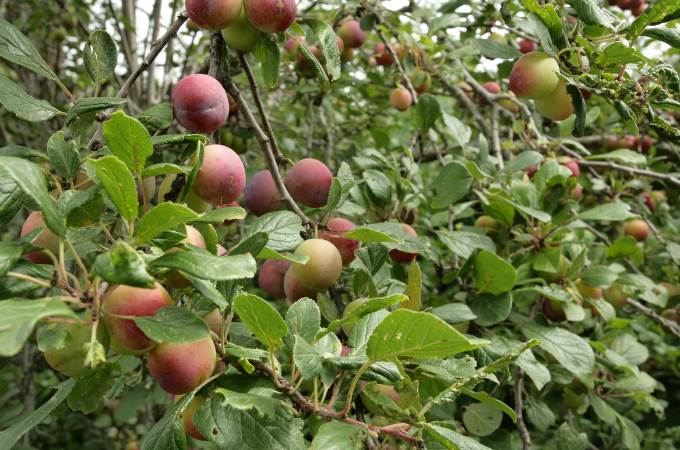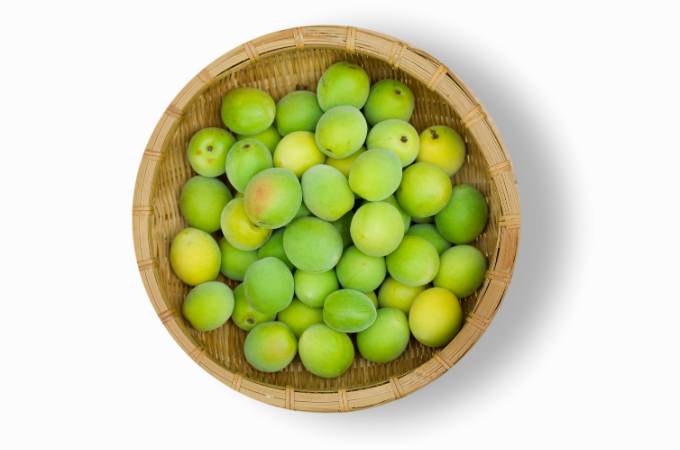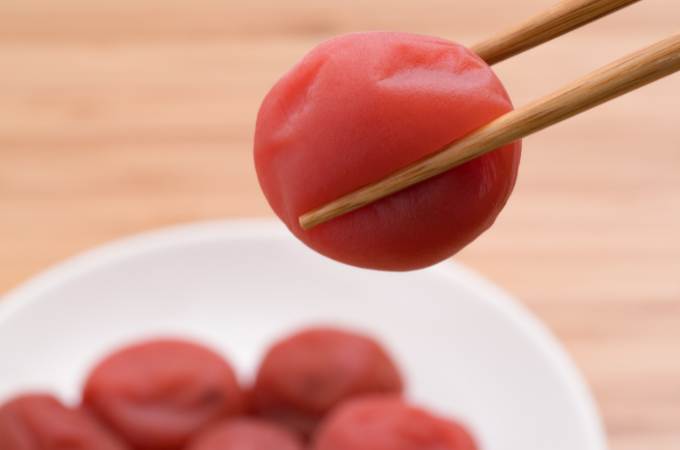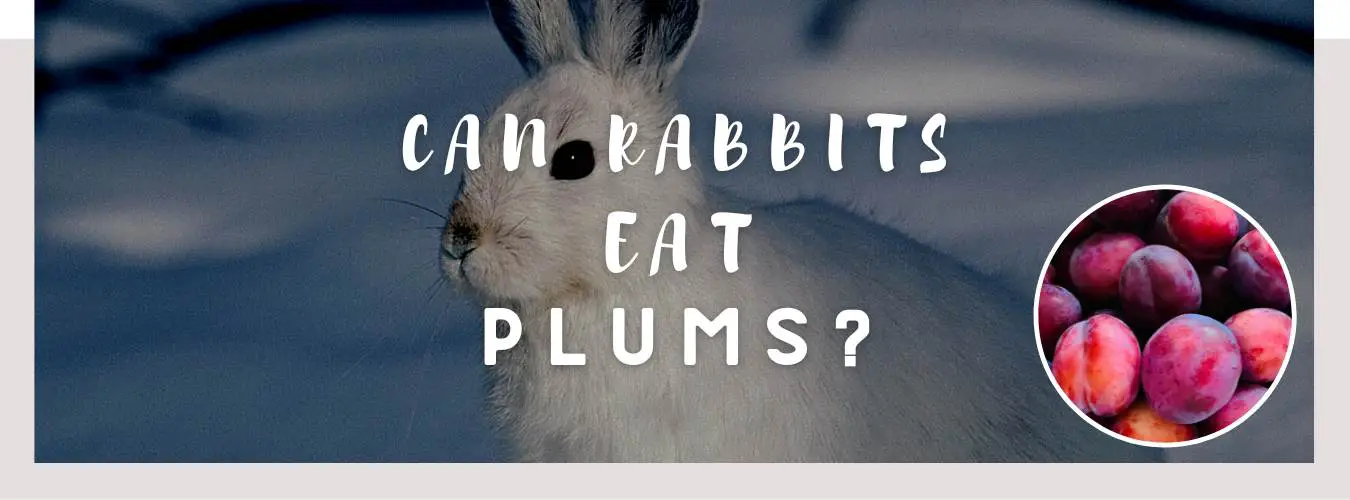
Rabbits are beloved pets that have gained worldwide acclaim. As herbivores, their diet primarily consists of hay, vegetables, and some fruits. It’s essential to know what your bunny can eat safely though as not all fruits or veggies are suitable for their delicate digestive system – so the question arises: can rabbits eat plums?
Nutritional Benefits of Plums
Vitamins and Minerals
Plums are an excellent source of vitamins and minerals. They boast high levels of vitamin C, vitamin K, vitamin A, and potassium – essential nutrients that support a healthy immune system, bone health, as well as general wellbeing.
Antioxidants
Plums are packed with antioxidants that combat free radicals and reduce inflammation. This may prevent chronic illnesses and promote overall wellbeing.
Fiber Content
Plums are an excellent source of dietary fiber, which promotes regular bowel movements and prevents constipation.
You might also like: Can Rabbits Eat Beets?
Can Rabbits Safely Eat Plums?

Yes! When fed in moderation, plums can provide rabbits with essential vitamins, minerals and antioxidants. Plus their fiber content supports their digestive system too!
The Risks
Feeding plums to rabbits has potential benefits, but there are also risks. Plums contain high amounts of sugar which could lead to obesity and dental issues if consumed excessively. Furthermore, their pit and leaves contain cyanide which could be toxic for rabbits if consumed in large amounts.
Precautions to Consider When Feeding Plums to Rabbits
Portion Size and Frequency
If you decide to give your rabbit plums, be sure to do so sparingly. A small piece (about a teaspoon) once or twice a week is usually sufficient for most rabbits.
Preparing Plums for Your Rabbit
Always remove the pit and leaves before giving plums to your rabbit. Wash thoroughly with a garden hose to get rid of any pesticides or chemicals on them, then cut them into bite-sized pieces so it’s easier for your bunny to consume.
You might also like: Can Rabbits Eat Almonds?
Monitoring Your Rabbit’s Health

Be sure to monitor your rabbit closely after adding plums into their diet. If you notice any changes in their behavior, appetite, or digestive habits, consult with your veterinarian immediately.
Alternatives to Plums for Rabbits
Many fruits can be safely fed to rabbits, such as apples (without seeds), blueberries, strawberries and raspberries. Just remember to feed fruit in moderation; too much sugar may have detrimental effects on your rabbit’s health.
Conclusion
Prunus can be fed to rabbits in small amounts with proper preparation. While plums provide some benefits like vitamins, minerals and antioxidants, they also pose risks due to their high sugar content and toxic components like pits or leaves. To ensure your rabbit’s safety and wellbeing when feeding plums, take necessary precautions, monitor their health closely, and consider offering alternative fruits as treats instead.
FAQs
How often should I give my rabbit plums?
When offering plums to your rabbit, it is best to do so in small amounts (about a teaspoon). Moderation is key here to avoid any potential health issues.
What other fruits can I give my rabbit in place of plums?
Some healthier fruit options for your rabbit include apples (without seeds), blueberries, strawberries and raspberries. Remember to feed these items in moderation as an excessive sugar intake could be detrimental to their health.
Are plum pits and leaves safe for rabbits to consume?
No, plum pits and leaves are not safe for rabbits. They contain cyanide which can be toxic to them. Always remove the pit and leaves before giving plums to your bunny.
How Should I Prepare Plums for My Rabbit?
Preparing plums for your rabbit requires washing them thoroughly to eliminate any pesticides or chemicals. Eliminate both pit and leaves, as these can be toxic to rabbits. Next, slice the plum into manageable pieces so your bunnies can easily consume it.
How can I tell if my rabbit is having an adverse reaction to plums?
Monitor your rabbit for any behavioral, appetite, or digestive changes after adding plums into their diet. If you observe any signs of distress such as diarrhea, lethargy, or lack of appetite, consult with a veterinarian immediately.









